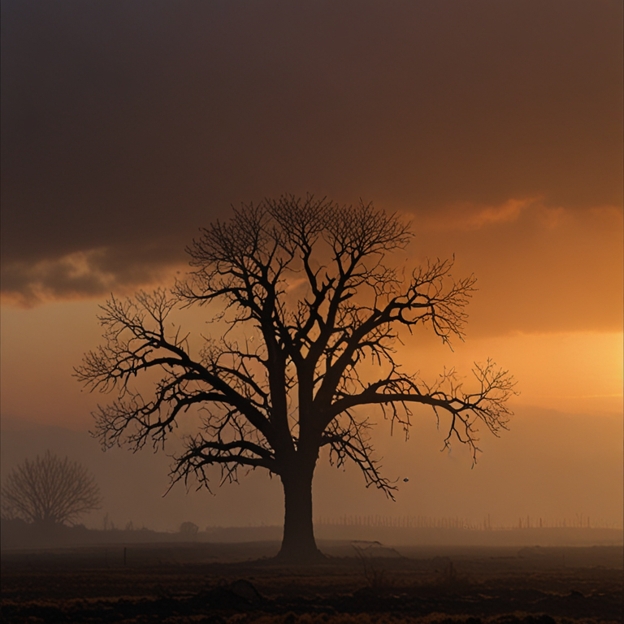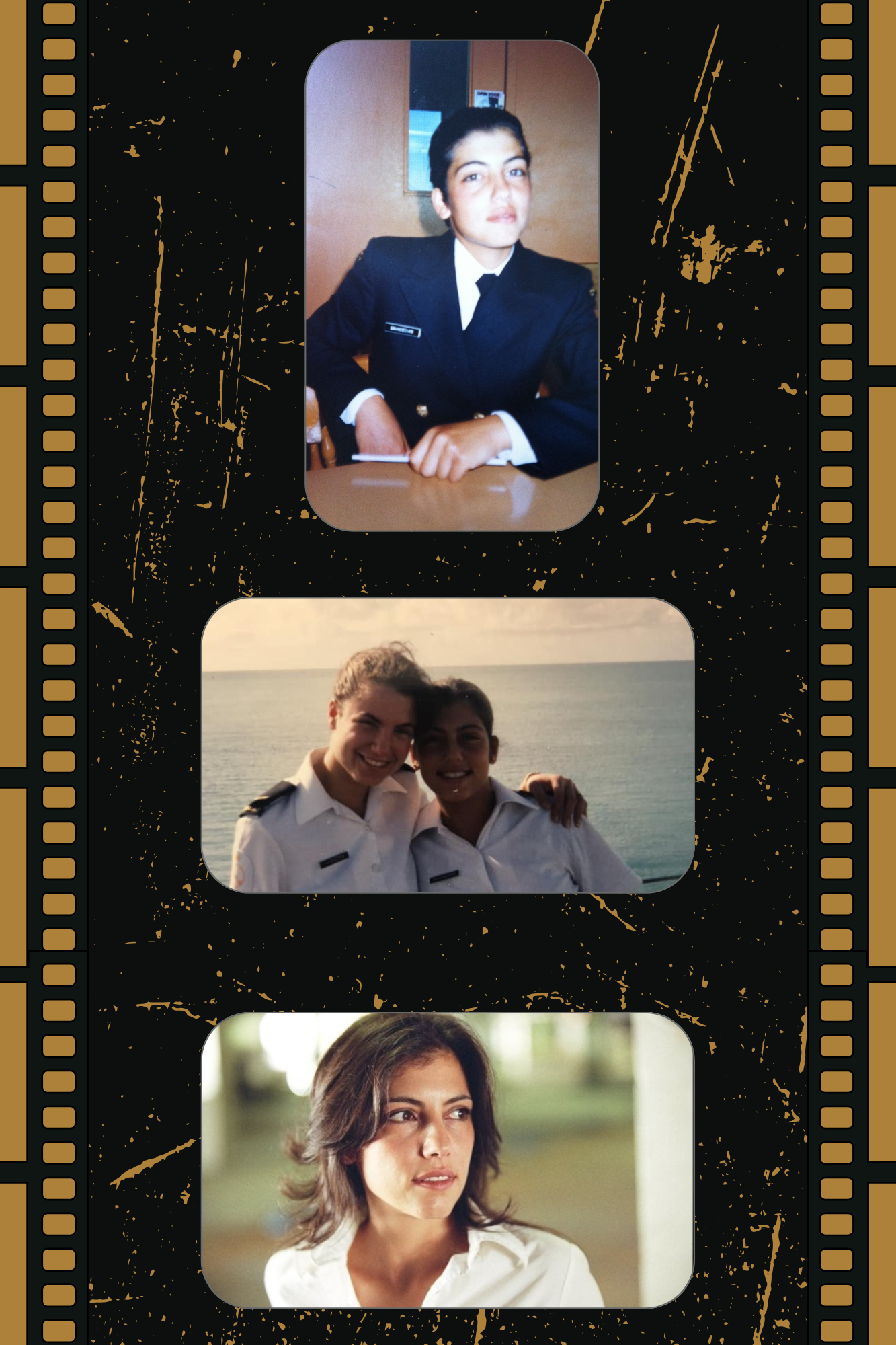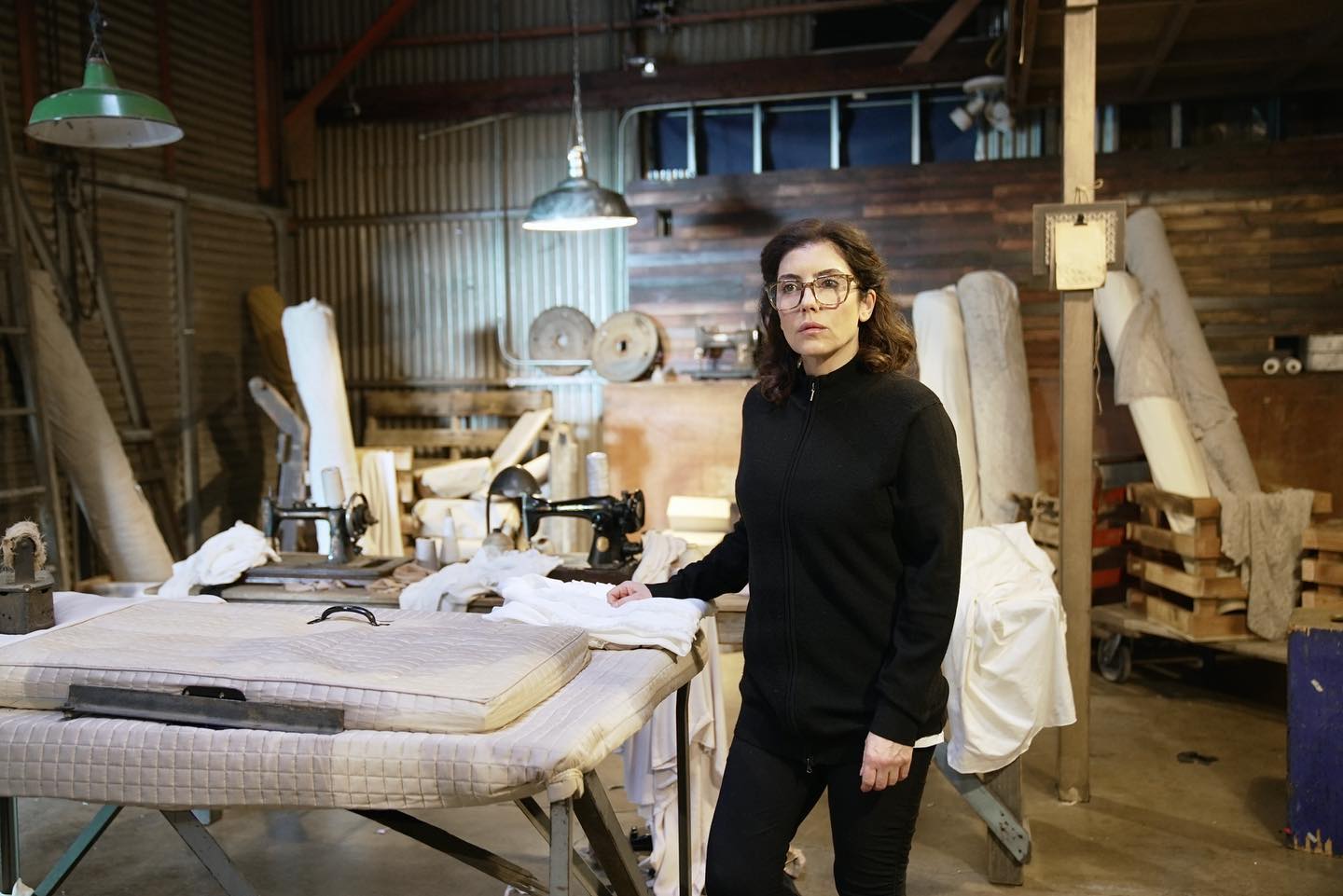As wildfires ravage Los Angeles—devastating the Palisades, Malibu, and the Eaton fire in Pasadena—it’s hard not to reflect on what we truly walk away with when everything else is gone. Watching homes, cars, and lives go up in flames, I found myself asking: What would I grab if I had to leave?
It’s not a profound question. In fact, it’s a practical one. But it led me to reflect on the things we cling to, and the meaning we assign to them. And in that reflection, I thought of a friend—let’s call him Joe.
Joe presents a polar opposite to how most of us live. He’s not someone with all the answers, but he’s one of the most interesting people I’ve met. He lives with a simplicity that feels almost revolutionary in today’s consumer-driven world. One jacket per season. One modest meal at a time. At the end of every season, that jacket goes to someone who needs it more.
Once a year, during the holidays, Joe has a tradition: he either makes sandwiches for the homeless or saves up to buy and distribute sleeping bags—small but meaningful acts of kindness. He’s a reminder that accumulating less can mean less stress, less worry, and less at stake.
The Weight of Possessions
For most of us, walking away from everything we own would feel impossible. We work so hard to acquire things, to build homes filled with treasures that hold both sentimental and monetary value. But if something can disappear in an instant—burning to ash and dust—what is its worth, really?
This isn’t to minimize the devastation people are facing. The loss is very real, and rebuilding takes more than insurance payouts and time. But it begs the question: Should we, as a society, strive to be a little more like Joe? Should we be able to walk away from everything, knowing that what truly matters can’t be held or burned?
Gratitude for What Grounds Us
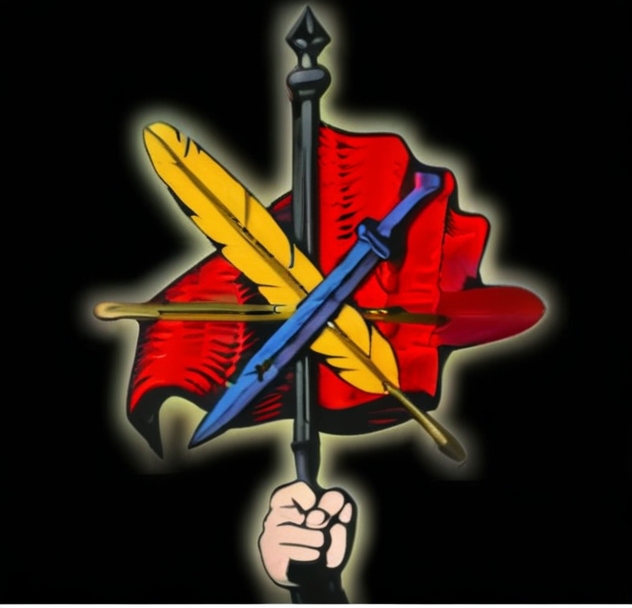
In moments like these, I find myself grateful for the work I do with organizations (that I am also a member of) like the ARF, the ARS, and the ANCA—grassroots efforts that focus on community, on people. Our local centers are open to the public, serving those in need, and grounding us in something deeper than possessions: service, solidarity, and resilience.
At the same time, I catch myself thinking about buying more— like investing in a fire hydrant system that taps into a swimming pool, fire hoses to protect my home. More things to protect the things I already have. It’s a paradox that’s hard to reconcile: the instinct to guard what we own, even as we question its value.
Prayers and Reflections
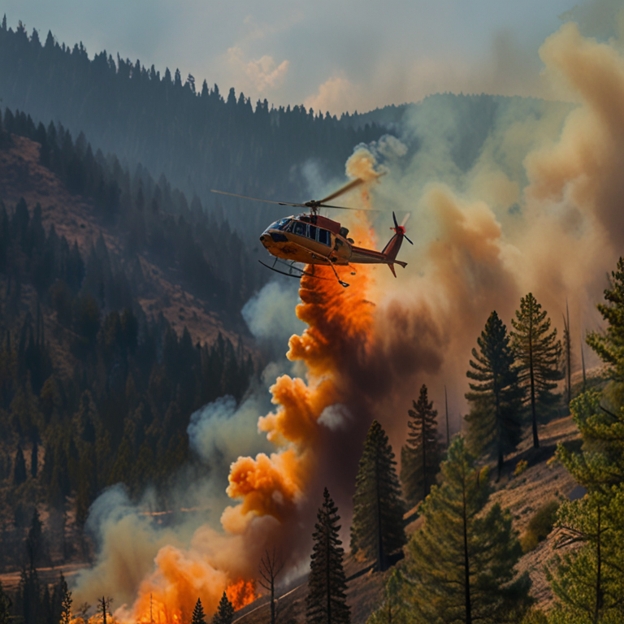
In these past few days, I’ve found myself praying—not for things, but for the winds to calm, for the helicopters and firefighting planes to succeed in their missions. I watch them like I’m rooting for the hero in Top Gun, willing them to save what’s left. Far fetched? Maybe, maybe not. Over a decade ago, I actually did the exercises in Pam Grout’s E-Squared and I was astounded. For example, I planted peas in an empty egg carton – I prayed over one side/row every day, and did nothing – neglected – the other row. Guess which side sprouted quickly? I have pictures, which I also sent to Ms. Grout on IG!
But I guess today is about wildfires, the way I live and what I hold on to. At the end of this thing called life, I’ll walk away empty-handed. What will I leave behind?

